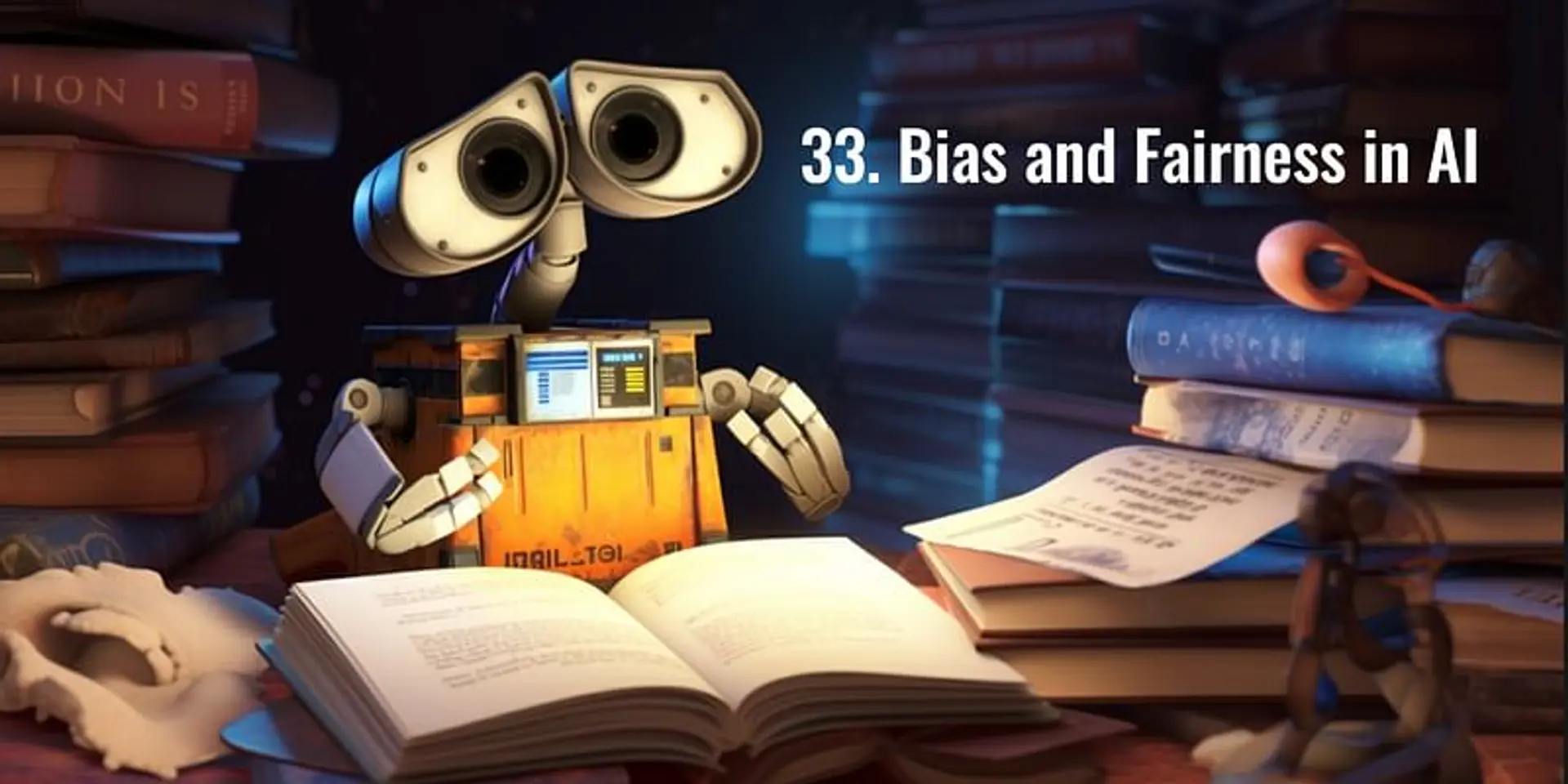Unveiling Bias and Fairness in AI: Building Ethical and Inclusive Algorithms
Dive into the path towards ethical and inclusive AI by addressing bias, promoting transparency, and collaborating for policy initiatives
Artificial Intelligence (AI) has become an integral part of our lives, impacting various domains from healthcare to finance. However, as AI systems make decisions that affect individuals and communities, it is crucial to address the potential for bias and ensure fairness in algorithmic outcomes. In this article, we delve into the complex topic of bias and fairness in AI, exploring its implications, challenges, and the path towards building ethical and inclusive AI systems.
Understanding Bias in AI
Bias in AI refers to the systematic and unfair favoritism or discrimination towards certain individuals or groups, based on characteristics such as race, gender, age, or socioeconomic status. It can occur at various stages of the AI lifecycle, including data collection, preprocessing, algorithm design, and decision-making. Bias can be unintentional, arising from historical imbalances and societal biases reflected in the data used to train AI models.
The Importance of Fairness
Fairness in AI is the goal of ensuring that AI systems make decisions that are unbiased, equitable, and do not perpetuate or reinforce societal disparities. Achieving fairness is essential to prevent discriminatory outcomes, protect individuals' rights, and promote inclusivity. Fairness considerations in AI are particularly critical in high-stakes domains such as criminal justice, employment, and lending, where biased decisions can have profound consequences.
Challenges in Addressing Bias and Ensuring Fairness
Addressing bias and ensuring fairness in AI systems is a complex task. Challenges arise due to various factors, including:
Data Bias: Biases present in the training data can lead to biased AI models. Historical data may reflect societal biases and inequalities, propagating discriminatory outcomes.
Algorithmic Transparency: Some AI models, such as deep neural networks, can be highly complex and opaque, making it challenging to understand how they arrive at their decisions and identify biases.
Fairness Definitions and Trade-offs: Defining fairness is a nuanced task, and different fairness metrics may conflict with each other. Striking a balance between fairness and other desirable outcomes, such as accuracy or efficiency, can be a delicate trade-off.
Accountability and Responsibility: Determining who is responsible for biased AI outcomes and ensuring accountability is a crucial challenge in addressing bias and promoting fairness.
The Path Towards Ethical and Inclusive AI
Addressing bias and ensuring fairness in AI requires a multi-faceted approach:
Diverse and Representative Data: Collecting diverse and representative data can help mitigate biases in AI systems. Ensuring inclusive data collection practices and rigorous data preprocessing are vital steps towards building fair algorithms.
Algorithmic Fairness Techniques: Researchers are developing algorithmic techniques that promote fairness, such as fairness-aware learning algorithms, bias mitigation strategies, and fairness constraints during model training.
Transparency and Explainability: Improving the transparency and explainability of AI systems can help identify and address biases. Techniques like interpretable machine learning and model-agnostic explanations enable understanding and auditing of AI decisions.
Collaboration and Policy Initiatives: Addressing bias and fairness in AI requires collaborative efforts among stakeholders, including researchers, policymakers, industry leaders, and advocacy groups. Engaging in discussions and developing policies that promote fairness and accountability is crucial.
In future articles, we'll explore other AI terminologies such as Edge Computing, Recommender Systems, and Robotics Process Automation. Stay tuned to expand your knowledge of AI and its transformative potential in different domains.
By recognizing the challenges, actively addressing bias, and striving for fairness in AI, we can create a future where AI systems are not only powerful but also ethical, inclusive, and aligned with our shared values. Together, let's shape AI systems that empower and uplift individuals and communities, leaving no room for discrimination or biases.
Remember, the journey towards fairness in AI is an ongoing one. Let's continue to advocate for unbiased algorithms, push for diverse and inclusive representation in AI development, and work towards a future where AI serves as a force for positive change and social progress.




